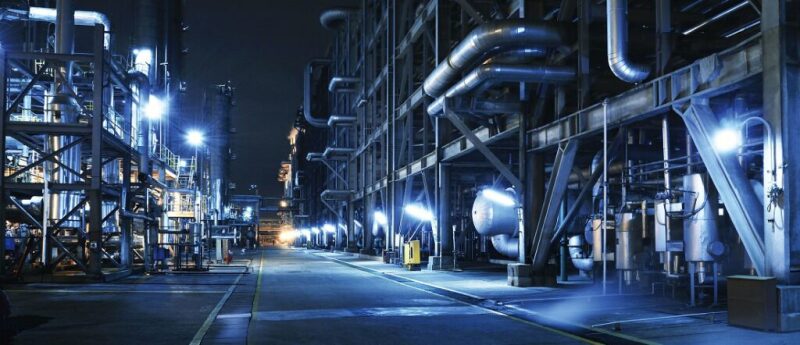The inaugural SPE Asia Pacific Virtual Symposium on CCUS and Contaminants Management was held 7–9 December 2020 with support from Petronas and PTTEP as Principal Sponsors and Shell as the Silver Sponsor.

With rising global demands for sustainable transformation in the energy industry, carbon capture, utilization, and storage (CCUS) technologies play an important role toward a sustainable future. Coupled with contaminants management, CCUS has the potential to deliver sustainable environmental benefits, improve reliability, and increase economic viability. These benefits have attracted the support for CCUS from a wide range of stakeholders in recent years.
Mohamed Firouz Asnan, senior vice president of Malaysia petroleum management at Petronas, in his keynote delivery, said, “The time is now, and this is evident in the Petronas carbon-commitment efforts on greenhouse-gas (GHG) reduction through the seven United Nation Sustainable Development Goals. As the country’s resource owner and manager, we have the responsibility to manage and ensure that our gas resources are developed responsibly and efficiently in the most cost-effective manner. Because gas is a finite resource, we only have one chance at it. We need to do it in a sustainable manner, minimizing the impact to the environment. We must design and develop the right technology and fit-for-purpose strategy for our environment since there are increasing financial and regulatory requirements to report and control GHG emissions.”

Montri Rawanchaikul, president and acting executive vice president in the Production Asset Group of PTTEP, highlighted that it is time to think about the development of CCUS in the region and added that PTTEP is focusing on carbon capture in the Gulf of Thailand and will invest in implementing carbon storage in newly discovered fields. He stressed that CCUS projects will only become feasible with the support from policy makers and collaboration among national oil companies and international oil companies.
The symposium continued its discussion on technical solutions that are critical to develop assets with high contaminants and provide new ideas to meet the goals for the region.
The planning for the second installment of the SPE Virtual Symposium: CCUS and Contaminants Management is under way, with plans for it to be held in the third quarter 2021. CCUS technology is vital to achieving net-zero carbon emissions, which is one of the main goals in the energy industry.

